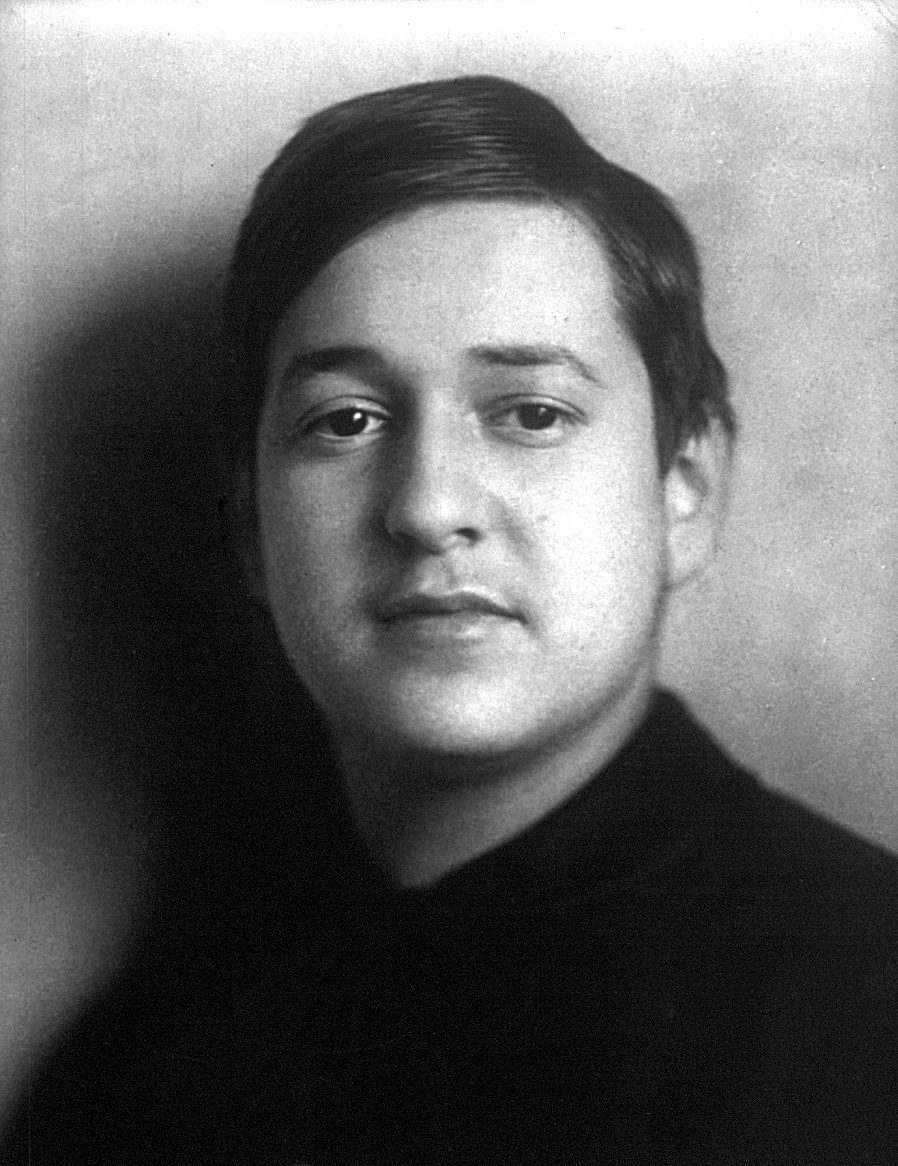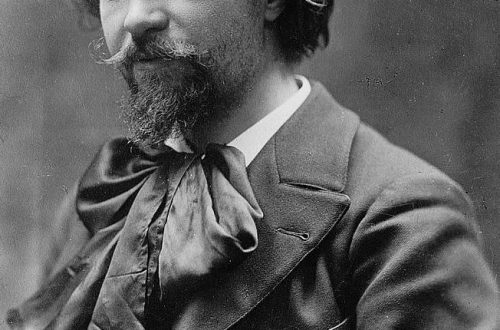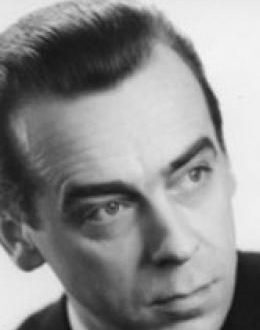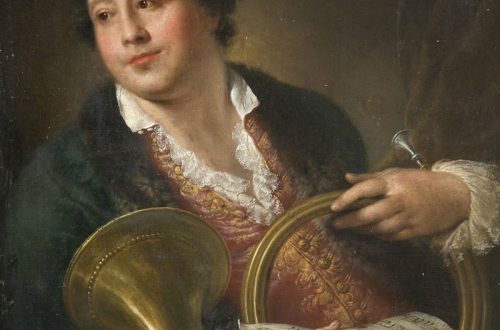
Erich Wolfgang Korngold |
Erich Wolfgang Korngold
Erich Wolfgang Korngold (29 May 1897, Brno – 29 November 1957, Hollywood) was an Austrian composer and conductor. Son of music critic Julius Korngold. He studied composition in Vienna with R. Fuchs, A. Zemlinsky, G. Gredener. As a composer he made his debut in 1908 (pantomime “Bigfoot”, staged at the Vienna Court Opera).
Korngold’s work was formed under the influence of the music of M. Reger and R. Strauss. In the early 20s. Korngold conducted at the Hamburg City Theatre. From 1927 he taught at the Vienna Academy of Music and Performing Arts (since 1931 professor; music theory class and conductor class). He also contributed music critical articles. In 1934 he emigrated to the USA, where he mainly wrote music for films.
In the creative heritage of Korngold, operas are of the greatest value, especially “The Dead City” (“Die tote Stadt”, based on the novel “Dead Bruges” by Rodenbach, 1920, Hamburg). After a number of years of neglect, The Dead City is again staged on opera stages (1967, Vienna; 1975, New York). The plot of the opera (the vision of a man grieving over his dead wife and identifying the dancer he met with the deceased) allows modern stage direction to create a spectacular performance. In 1975 the conductor Leinsdorf recorded the opera (starring as Collot, Neblett, RCA Victor).
Instrumented and edited a number of operettas by J. Offenbach, J. Strauss and others.
Compositions:
operas – Ring of Polycrates (Der Ring des Polykrates, 1916), Violanta (1916), Eliana’s Miracle (Das Wunder des Heliana, 1927), Catherine (1937); music comedy — The silent serenade (The silent serenade, 1954); for orchestra – symphony (1952), symphonietta (1912), symphonic overture (1919), suite from music to the comedy “Much Ado About Nothing” by Shakespeare (1919), symphonic serenade for string orchestra (1947); concerts with orchestra – for piano (for the left hand, 1923), for cello (1946), for violin (1947); chamber ensembles — piano trio, 3 string quartets, piano quintet, sextet, etc.; for piano – 3 sonatas (1908, 1910, 1930), plays; songs; music for films, including Robin Hood (1938), Juarez (Juarez, 1939).
MM Yakovlev





